Do you actively avoid physical contact with people? Do you have a history of unstable relationships? Do you engage in serial dating? Do you find it extremely difficult to commit or express your feelings and emotions? Do you have trust issues and low self-esteem? If your answer to any/all of the above questions is yes, then you may have a fear of intimacy.
Are you the only one facing these intimacy issues? No. Research indicates that 2.5% of the population is affected by Intimacy Anxiety Disorder. But why does intimacy give some people anxiety? With the help of psychologist Dr. Aman Bhonsle (Ph.D., PGDTA), who specializes in relationship counseling and Rational Emotive Behavior Therapy, let’s explore intimacy fear in greater detail, along with some handy tips on how to manage it effectively.
What Is Fear Of Intimacy?
Table of Contents
Dr. Bhonsle explains, “One fine day, your tongue gets burnt by hot water. And because of this, you become overly cautious whenever you consume hot liquid. Now, you’re wary of anything that could potentially burn your mouth. You go to the extent of having cold drinks in winter. This is exactly how intimacy fear works. Because you have been burnt by life or people who were supposed to care for you made you feel insecure and afraid at a very young age, you lose trust in the whole idea of intimate relationships.
“The pursuit of intimacy becomes a humiliating journey for you, a journey filled with rejection, judgment, gaslighting, mean-spiritedness, and bad strategies. The mere thought of being in a similar situation again (one that resembles your past) causes you a lot of emotional pain. So, you may practice intimacy avoidance and end up sabotaging relationships.”
Some of the signs of fear of intimacy are evident while others might not be so obvious. Even if you are not able to eliminate these completely, working toward managing them effectively is also a great first step. How to overcome the fear of intimacy? What are its causes and various types? Let’s answer all these questions and more. Read on to find out!
Related Reading: Lack Of Affection And Intimacy In A Relationship — 9 Ways It Affects You
Fear Of Intimacy Causes
A phobia of intimacy is usually deep-rooted in past trauma. It is also not a secret that people who have been told to keep their issues to themselves as children, often end up having a hard time dealing with their feelings, as adults. By now, you have some idea that trust issues, low self-esteem, and dysfunctional family ties are all part of a complex ecosystem of emotions that may leave a person feeling wary of attachment and intimacy. Let’s talk a little more about the reasons that people develop a fear of intimacy:
1. Childhood trauma
When children have grown up around adults who choose to be very private, it teaches them to be quiet about their problems as well. Some households don’t encourage loving hugs/reassuring touches. So, when their partners attempt to reassure them with a gentle touch, they get defensive and walk away. Trauma can also refer to children being subjected to mockery when they state their wishes, explicitly. This causes them to shut off for an indefinite period.
Dr. Bhonsle explains, “Your family dynamics become your baseline for measuring wellness/happiness. If your father hates your mother’s family and if your parents don’t get along, you start believing it to be the universal truth. You become prejudiced in the way that if intimate relationships don’t exist in your house, they don’t exist anywhere else in the world, except in the movies. So, you either develop an anxious attachment style (you fear closeness) or avoidant attachment style (you swear off commitment).”
2. Physical, emotional, or sexual abuse
Sometimes we choose partners that prove to be detrimental to our mental/physical well-being. They take away our fairytale ideas of love and replace them with a cynical outlook toward life. Years later, when we find ourselves in the company of those who actually love us and care for us, we become exhausted because of the walls we have surrounded ourselves with. So, if you’ve faced any kind of abuse in the past, it directly affects your inability to trust people.
3. Insecurity and low self-esteem
Do you spiral into loops like, “I don’t deserve my partner and they are too good for me”, “I must have gotten lucky”, or “How could an amazing person like them fall for me?” These are all signs of low self-esteem in a relationship and indicate that you’re not truly at peace with yourself. Since you have low-self esteem, you fear that people won’t like your true self. So you avoid showing them the real picture and put up a mask that you know they’ll love.
4. A natural dislike for intimacy
We cannot eliminate the possibility of an inherent dislike or distaste toward intimacy. Dr. Bhonsle cites a disorganized attachment style as a possible reason for this. He says, “If you have this attachment style, you believe that people you trust are going to hurt you. As a child, you put your trust in some individuals and they didn’t reward that trust. Your caregiving situation was chaotic and inconsistent. So, now you want love but reject security and look at it with a suspicious eye. You create problems when none exist so that your current relationship can match your past.”
Types Of Intimacy
Intimacy comes in different forms that manifest in different ways in your interactions with people around you. It is important to build upon and foster these different types of intimacy to be able to build healthy relationships – particularly the one you share with a significant other. From emotional and physical to spiritual and intellectual, intimacy can exist on a vast spectrum. While, ideally, people in romantic relationships should connect on all of these levels, the following three broad types of intimacy are a must for healthy, well-rounded relationships:
1. Emotional intimacy
What is emotional intimacy? It is when your partner feels comfortable talking about his/ her emotions without fearing any judgment. Women tend to focus on emotional intimacy more than men due to societal conditioning about how men should handle their emotions. They are not taught to be open and accepting of everything that they feel and it results in the development of intimacy issues.
A lack of emotional intimacy in a relationship, characterized by a tendency to talk about one’s feelings and emotions and being wary of vulnerability, is one of the most telling signs of fear of intimacy. The person exhibiting these signs is likely to clam up when dealing with difficult emotions and prefer to spend time alone until they have had a grip on their inner turmoil.
2. Physical intimacy
Physical intimacy is often misunderstood and placed in the same bracket as sexual intimacy. While that is a part of it, intimacy in physical relationships goes beyond being sexually intimate with one’s partner. Physical intimacy also includes affectionate gestures and actions such as cuddling, hugging, holding hands, and kissing. It might be a simple hug when you come back home or a soft kiss to remind you that you are loved. It could be a pat on the back or a gentle squeeze of the hand. These gestures are important in any loving relationship and must not be left out.
3. Intellectual intimacy
Someone rightly said it is sexy when someone lets you enter their mind and see all the crazy things within. The reason it is so appealing is that it exudes a sense of confidence in your relationship. When you share your ideas, thoughts, and beliefs with your partner, you’re embracing vulnerability in its purest form. That is why intellectual intimacy can be the toughest kind to ease into. And not just with a romantic partner, but also with friends or family members.
Common Signs Of Fear Of Intimacy
Do you remember that scene from the movie 500 Days of Summer, when Summer says, “We’re just fr…” to which Tom interrupts by saying, “No! Don’t pull that with me! This is not how you treat your friend! Kissing in the copy room? Holding hands in IKEA? Shower sex? Come on!”

Well, Summer’s character is a pretty accurate portrayal of what fear of intimacy can look like. If her actions seemed relatable, you may now find yourself wondering, “Do I also have a phobia of intimacy?” A look at some of the most common signs of intimacy avoidance can help you develop some self-awareness about your behavior patterns:
1. You end up sabotaging relationships
While things seem to be going absolutely well, you start second-guessing everything and create problems where there weren’t any, to begin with. You may end up being emotionally distant or play hot-and-cold, sending all sorts of mixed signals to your partner. This is one of the signs you’re scared of intimacy, as a result, you may consciously or subconsciously end up doing things to push away your partner because dealing with the growing closeness is too much for you to handle.
Dr. Bhonsle points out, “Sometimes, positive emotions can trigger a fear of intimacy. The positive feeling of meeting someone wonderful triggers your poor self-image. You ask yourself, “How can a loser like me get someone so wonderful?” You don’t have a high opinion of yourself and that is why you end up sabotaging all meaningful relationships.”
2. Saying no to emotional conversations
Has your partner recently been wanting to talk to you about his/her issues but you avoided them all week? Does the thought of opening up about how you feel scare you? Do you distance yourself from your loved ones as a way to protect yourself? Or feel that you push love away without even realizing it? If you answered in the affirmative to these questions, you’re displaying some classic signs of fear of intimacy.
Another sign of emotional intimacy avoidance is a compulsive sexual desire. What can you do in such cases? You can take out time to have conversations that you normally wouldn’t, starting with the people you trust the most. Start small, by sharing feelings and emotions that don’t feel too overwhelming. Talking about your feelings every day can help you overcome your fears and gradually get comfortable with the idea of opening up to others. It is difficult, but it is not impossible.
Relatable Reading: 10 Signs You Have An Emotional Connection With Someone
3. Avoiding most forms of physical contact
If you find yourself distancing yourself from people who display their affection through physical touch, you might want to introspect. Do reassuring touches bother you? Do you feel awkward when your partner or a romantic prospect is physically affectionate toward you? Does your attitude toward physical contact get in the way of your ability to form wholesome relationships?
Avoiding closeness with a significant other is quite a literal manifestation of fear of physical intimacy. Although it’s perfectly all right to not do things you’re uncomfortable with, working toward breaking unhealthy patterns once you develop self-awareness about them is the first step to overcoming the fear of intimacy. Be verbal about your fear rather than awkwardly escaping. This will help people empathize with you and not make them feel like you’re just a cold, unfeeling person with no regard for others’ emotions.
4 Expert-Backed Tips For Overcoming Fear Of Intimacy
Say your partner opens up to you about something traumatic from their past, and your first instinct is to reach out and hold them, comfort them, soothe them, but you hold back because the mere thought of intimacy causes you emotional pain. Or the person you have been dating for a few months says “I love you” for the first time but you can’t bring yourself to say it back. An awkward silence ensues, and you walk away on some pretext.
The next thing you know, you’re avoiding them like the plague and they’re left agonizing over what went wrong. Before you know it, you find yourself in the thick of another push-pull relationship that you cannot wait to break free from. If this sounds familiar and the string of unfulfilling relationships in your past has only made you feel the void within more acutely, it’s time to shake off the denial and do something about your tendency to run away from every intimate connection.
It might sound overwhelming but overcoming the fear of intimacy isn’t that tough. It needs patience, composure, and an awful lot of trust in the people you love. Only with enough confidence and faith can you climb the highest of the mountains. Let’s dive into all the ways you can help yourself and answer the most important question of all: how to overcome the fear of intimacy?
1. Meet new people without prejudice
Dr. Bhonsle advises, “How do you overcome the fear of water? By learning how to swim. And how do you overcome the fear of driving? By getting in the car and learning how to drive. So, in order to overcome your fears in relationships, you need to take a leap of faith and let people in. You will realize that there is a whole spectrum of different types of people and not everyone is the same.
“Use your personal/subjective criteria to assess them based on their merit. Do they bring you pleasure or pain? Do you feel a sense of mutual companionship with them? Also, in your future relationships, stop being prejudiced against others’ intentions. Avoid being overly critical, keep an open mind, and be very neutral.”
Related Reading: 5 Reasons Why Intimacy Among Couples Fades And How You Can Prevent It
2. The situation might be the same but you’re not
How to build intimacy in marriage or relationships? Dr. Bhonsle emphasizes, “Always remember that even if you face a similar situation (one that reminds you of a painful memory from early childhood), you are not the same person anymore. You’re older, smarter, wiser, more resourceful, and more in touch with yourself. You have done some self-reflection and now you have better strategies to engage with people. So, the same situations may not hit you as hard now because the level of emotional maturity is different.”
3. Be kinder to yourself, don’t take rejection personally
Dr. Bhonsle advises, “Don’t take rejection personally. It’s not like they have rejected you, the individual. Perhaps, you don’t play an important role in the plan that they had for themselves. Perhaps, you don’t fit into their vision of a future. Perhaps, they don’t feel that you will be compatible with each other. Whatever the reason, don’t take rejection as a comment on your self-worth.”
Instead, use this as an opportunity to reflect on your choices, your patterns, and ways you can improve yourself. Not to prove to someone else that you’re worthy of their love but to become the best possible version of yourself, so that when the right person comes along, you’re capable of building an intimate connection with them that serves as the foundation of a lasting, fulfilling relationship.
Related Reading: How To Trust Someone Again After They Hurt You – Expert Advice
4. Seek support and professional help
Dr. Bhonsle points out, “It’s important to have a circle of people who make you feel safe (those who will not contaminate their advice by biases). For example, only an honest friend can tell you that you’re being clingy. Also, you need to have access to professional help. A therapist can give you advice objectively and even keep your confidentiality. De-stigmatize seeking help for yourself and your family.”
We often lack the objectivity to identify our unhealthy behavior patterns and the skill and know-how to understand where these patterns are stemming from. That’s when working with a mental health professional can be immensely helpful in working through traumas you didn’t even know existed. If you recognize that you grapple with a fear of intimacy and are looking for help to overcome it, skilled and experienced counselors on Bonobology’s panel are here for you.
Key Pointers
- If you have fear of intimacy in marriage/close relationships, it’s probably the result of childhood trauma, abuse or low self-esteem
- Intimacy is not just emotional; there is physical, mental and spiritual intimacy too
- The risk factors that will serve as a roadblock to overcoming this fear: looking at everything with a biased lens
- To avoid self-sabotaging, start by being kinder to yourself and don’t take rejection personally
- Don’t shy away from seeking support of friends who can give you honest advice and a therapist who help you heal
Someone who fears intimate relationships may seem to push people away on the outside. But all human beings secretly yearn for companionship. Dr. Bhonsle says, “We’re social animals and we’re designed to carry out (what I call) ‘micro-recruitments’. We are constantly recruiting people and asking questions like: Would you be my friend? Would you be my proxy elder? Would you be my woman/man? Would you be my hangout buddy?”
A person who fears intimacy just needs to make an extra effort to get past their inhibitions and embrace this basic human need for earnest, honest connections. Patience, care, and self-love can go a long way in helping you overcome those inhibitions.
FAQs
There is no correct answer to this question, but our best guess would be to do it cautiously. If you’ve already figured that they have a fear of intimate connections, let them be aware of your fondness but do not try to cozy up to them too much. Although you’re trying to make them feel loved and comfortable, it might have the opposite effect and drive them further away.
In this case, having a romantic relationship can be challenging (they might be serial daters). What you have to remember is, they’re not doing it intentionally. If romantic relationships scare your partner, remind them every day that your love is unconditional. When you want to cuddle, make sure you ask for their permission. Do not startle them with over-emotional conversations and sudden physical contact. Treat them with respect and do not go about talking about their fear with people they are not comfortable with.
Lack of intimacy tends to make a person more and more cynical over time. They may struggle to make sense of their emotions and definitely find it hard to open up to others. A lack of intimacy can also make a person wary of physical closeness, even with their romantic partners.
Are You Starved For Affection? Here’s What You Can Do About It
10 Sad But True Signs That He’s Quite Literally Incapable Of Love
Your contribution does not constitute a charitable donation. It will allow Bonobology to continue bringing you new and up-to-date information in our pursuit of helping anyone in the world to learn how to do anything.





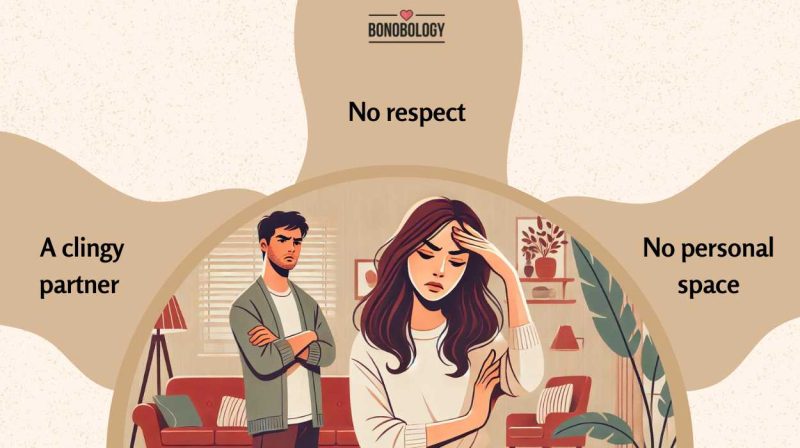
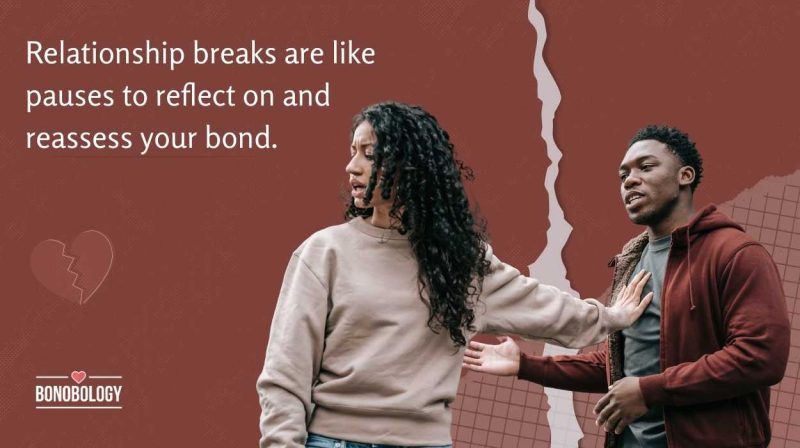
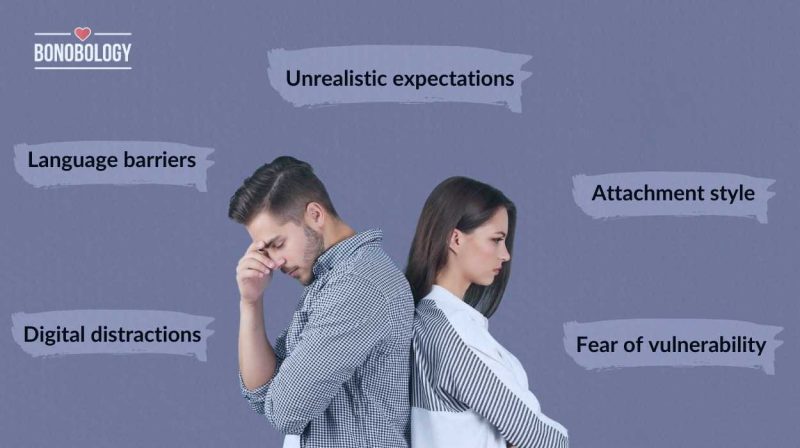

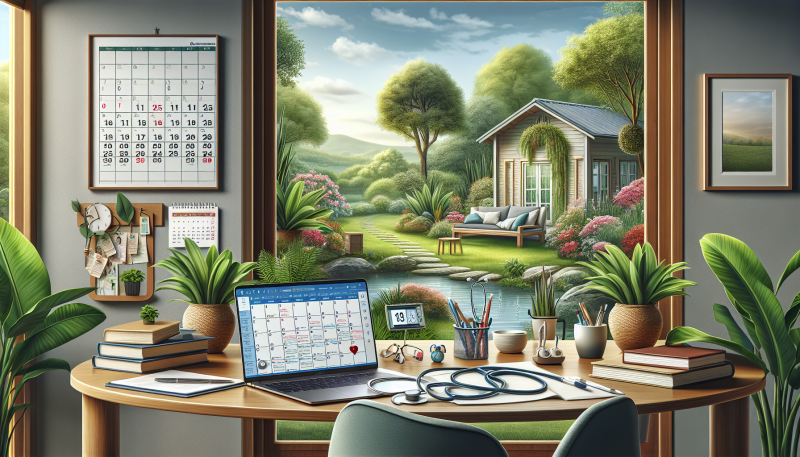

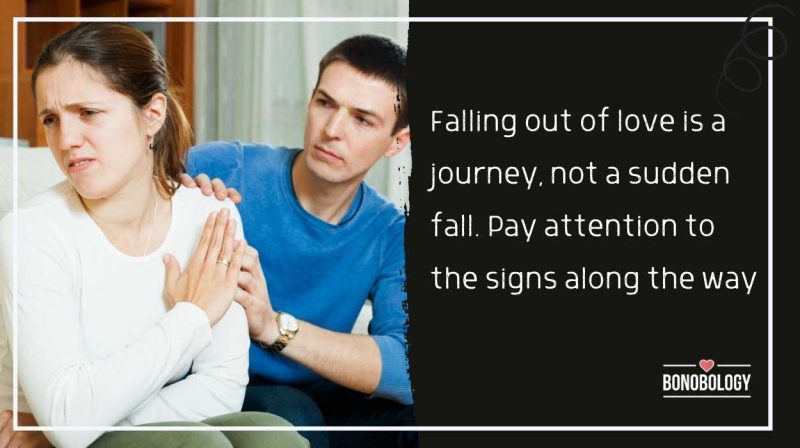
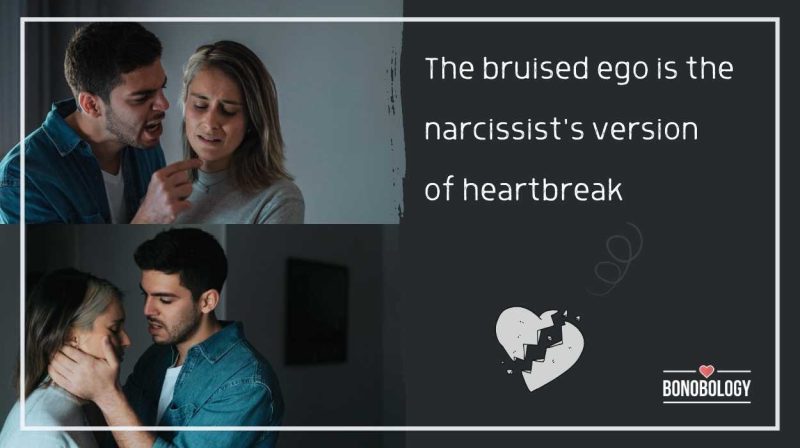
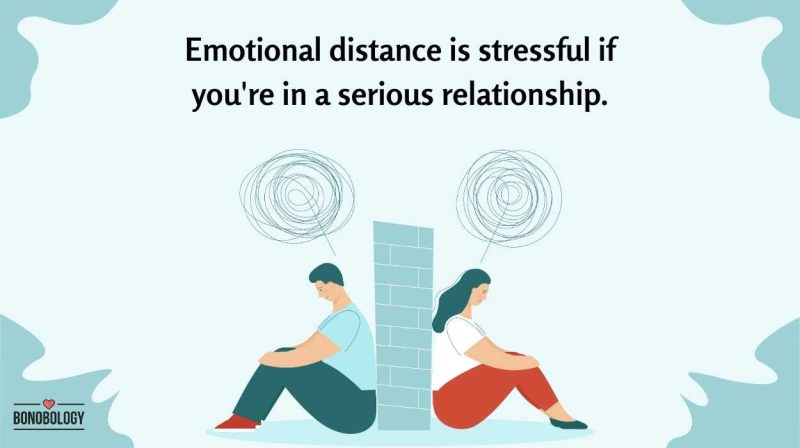
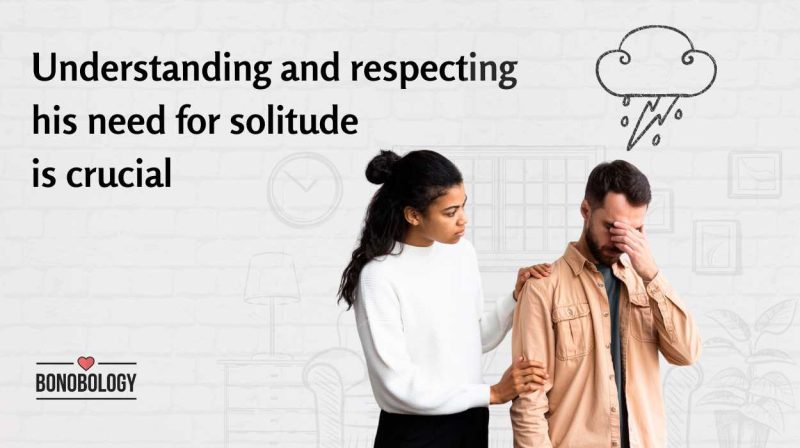
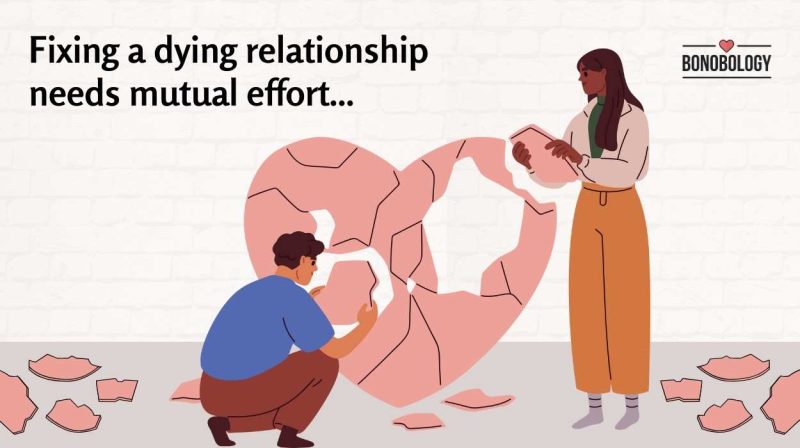
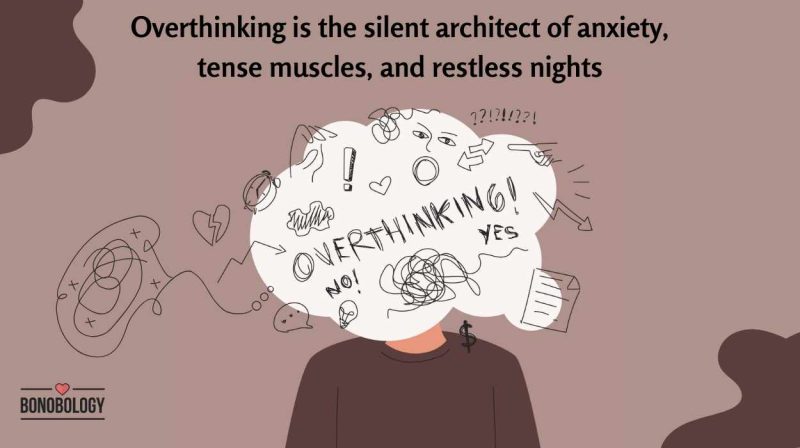
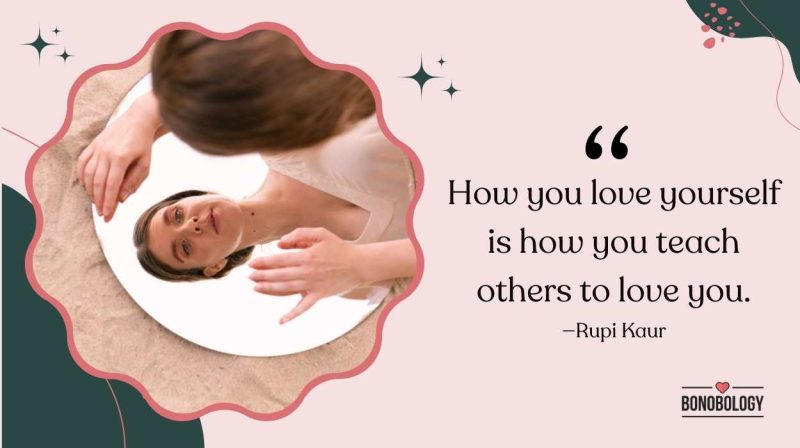

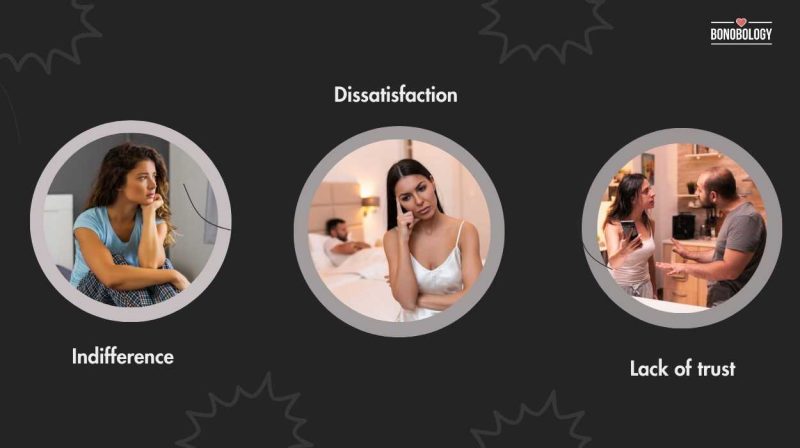
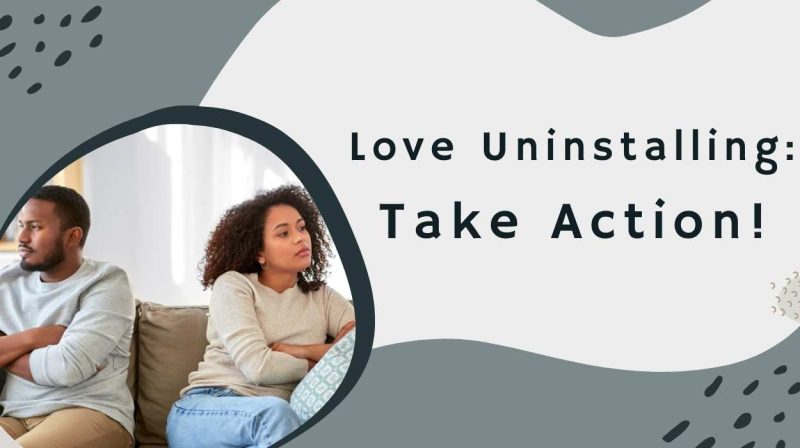

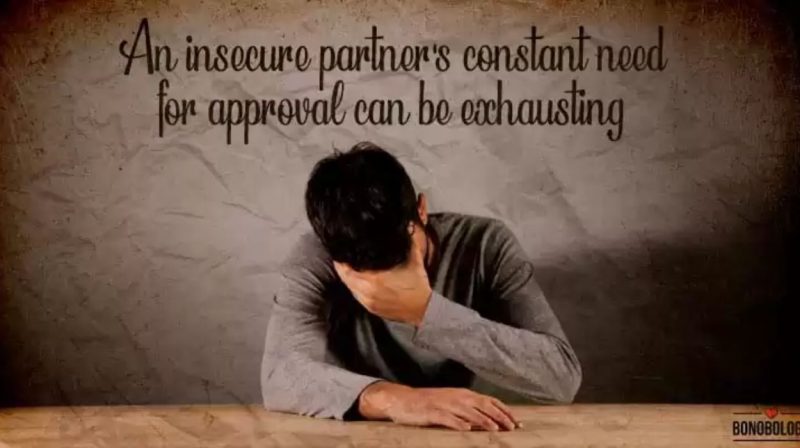
Featured
Emotional Abandonment In Marriage: Signs, Causes, And Ways To Cope
15 Signs That Your Girlfriend Isn’t Sexually Attracted To You
Feeling Suffocated In A Relationship: Reasons, Signs, Ways To Deal
How Long Should A Relationship Break Be? A Therapist Answers
Why Do I Struggle To Communicate With My Partner? An Expert Answers
Will He Come Back After Silent Treatment? 15 Ways To Make Sure He Does
How Online Nursing Degrees Influence Relationship Dynamics
Why Do I Miss My Boyfriend So Much: Reasons And Ways To Deal
21 Clear Signs She Doesn’t Want A Relationship With You
How Narcissists Treat Their Exes — 11 Common Things They Do And How You Can Respond
Emotional Distance: Meaning, Causes, Signs, And Ways To Fix
My Boyfriend Is Grieving And Pushing Me Away: Tips To Cope And Comfort Your Man
What To Do When Your Relationship Is At Breaking Point?
Am I Overthinking Or Is He Losing Interest? 18 Signs To Help You Identify
Discover Your Worth: 13 Ways To Feel Loved And Appreciated
23 Backhanded Compliment Examples in Everyday Life That Are Actually Insults
11 Things That Happen When A Woman Shuts Down Emotionally – And How To Reconnect
15 Signs Of Emotional Detachment In Your Relationship
How To Not Be Jealous In A Relationship – 15 Expert Tips
11 Ways An Insecure Partner Drains A Relationship And 5 Ways To Fix It